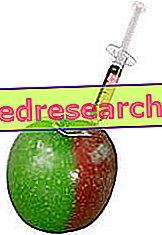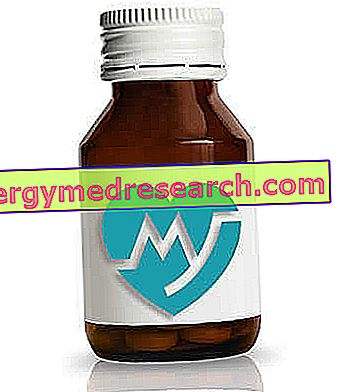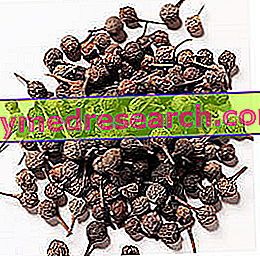Related articles: Motion sickness
Definition
Motion sickness is a disorder that occurs due to uneven motion of the body, generated by any means of transport. It often occurs during a trip by car, plane, train or ship; in fact, the condition is also known as seasickness, car sickness or air sickness (caused by air transport). Other types of movement, such as riding, taking a lift, riding on a swing and swinging on a swing, can also trigger the typical symptoms of the disorder.
Motion sickness derives from the contrasting interpretation of signals from the vestibular apparatus (in the inner ear, responsible for detecting movement, acceleration and gravity), eyes (visual stimuli) and proprioceptors (receptors sensitive to changes in body postures).
Everyone can suffer from the disorder, but some subjects are more susceptible than others. Motion sickness, in particular, most commonly affects women (especially during pregnancy) and children aged 2-12 years. Factors that can increase the risk of developing symptoms of motion sickness include excessive heat, fear and / or anxiety, migraine headaches, annoying noises and poor ventilation in the means of transport.
Most common symptoms and signs *
- aerophagia
- Asthenia
- Conati
- Difficulty concentrating
- Dehydration
- Pain in the upper part of the abdomen
- Starvation
- Hyperventilation
- Hypotension
- Headache
- Nausea
- Pallor
- Loss of balance
- Intense salivation
- Drowsiness
- Confusional state
- Cold sweating
- Fainting
- Dizziness
- He retched
Further indications
Motion sickness is characterized by a complex of unpleasant symptoms, such as nausea and vague disorders in the upper abdomen, associated with a growing sense of malaise. Subsequently dizziness and vomiting (often intense and persistent) appear. These symptoms can be preceded by yawning, hyperventilation, profuse salivation, pallor, cold sweating and drowsiness. Some people also experience headaches, aerophagia, extreme tiredness, weakness, inability to concentrate, confusion and a sense of fainting.
In most cases, the symptoms improve when the body adapts to the conditions that cause the problem. For example, if motion sickness occurs during a stay on a cruise ship, the malaise may improve within a couple of days. However, some people may find it more difficult to adapt and show a sense of discomfort until the stimuli cease. Prolonged episodes of vomiting due to motion sickness may, rarely, induce dehydration and arterial hypotension.
Diagnosis is based on clinical evaluation. The slight symptoms of motion sickness can be improved with some behavior easily adopted by the subject, such as fixing the horizon or being distracted by listening to music. Several medications can be used to help control the most severe manifestations, especially if taken before traveling. Scopolamine is a muscarinic antagonist commonly prescribed for the management of motion sickness: it works by blocking some of the nerve signals sent from the vestibular system into the inner ear responsible for some symptoms. Antihistamines (eg promethazine, dimenhydrinate, meclozine and cinnarizine) are less effective in the treatment of motion sickness than scopolamine, but can control nausea and vomiting. However, both scopolamine and antihistamines can cause various side effects, such as drowsiness, dry mouth, blurred vision and bradycardia.



